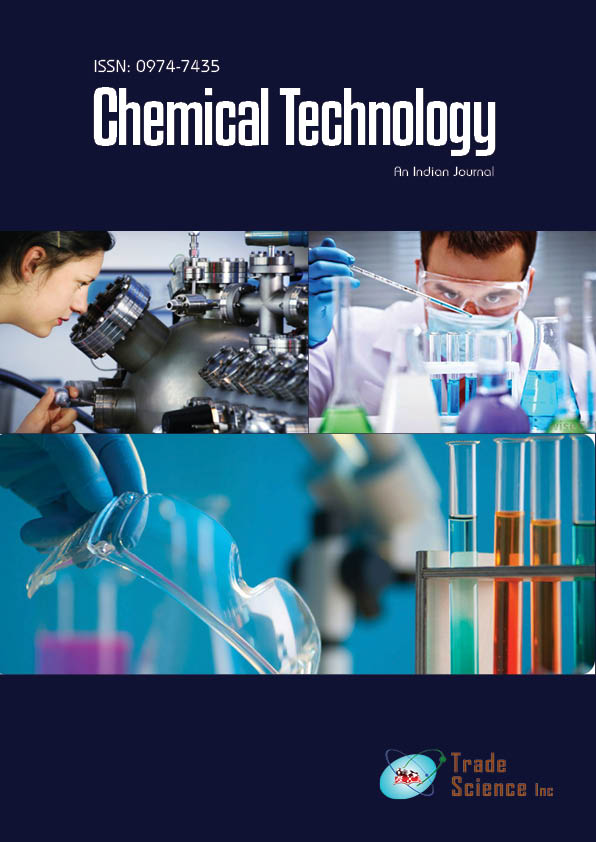Abstrait
Improved spectrophotometric study of the reaction mechanism between pioglitazone hydrochloride and bovine serum albumin
Gaixia Li, Baosheng Liu, Qiuju Zhang, Rong Han
Under simulated physiological conditions, the reaction mechanism between pioglitazone hydrochloride (PGH) and bovine serum albumin (BSA) at different temperatures (298 K, 310 K and 318 K) was investigated by the classical fluorescence spectroscopy with focus on the fluorescence change of protein, as well as the elastic scattering fluorescence spectroscopy with focus on the fluorescence change of drug. The results indicated that PGH could quench the intrinsic fluorescence of BSA strongly by a static quenching process. The electrostatic force played an important role on the conjugation reaction of PGH with BSA, and the number of binding site (n) in the binary system was approximately equal to 1. The value of Hill’s coefficients (nH) was approximately equal to 1, which suggested no cooperativity in BSA-PGH system. In addition, the binding constant obtained from elastic scattering fluorescence spectroscopy was larger than the one obtained from classical fluorescence spectroscopy with two orders of magnitude for the BSA-PGH system. The results show that the research is more accurate and reasonable with focus on the fluorescence change of drug and is also speculated that “point to side” interaction between drugs and proteins is existed.
